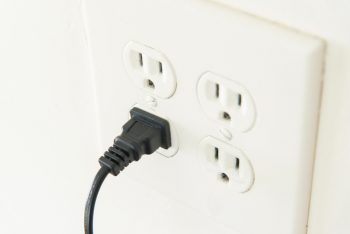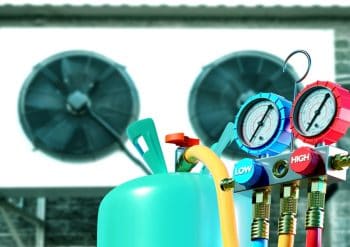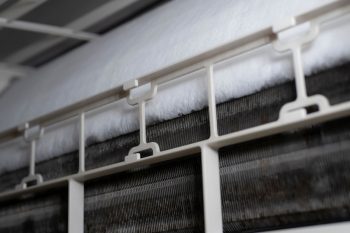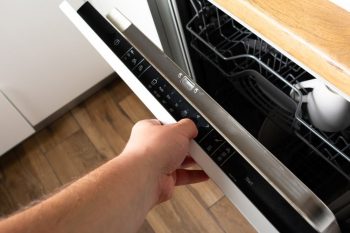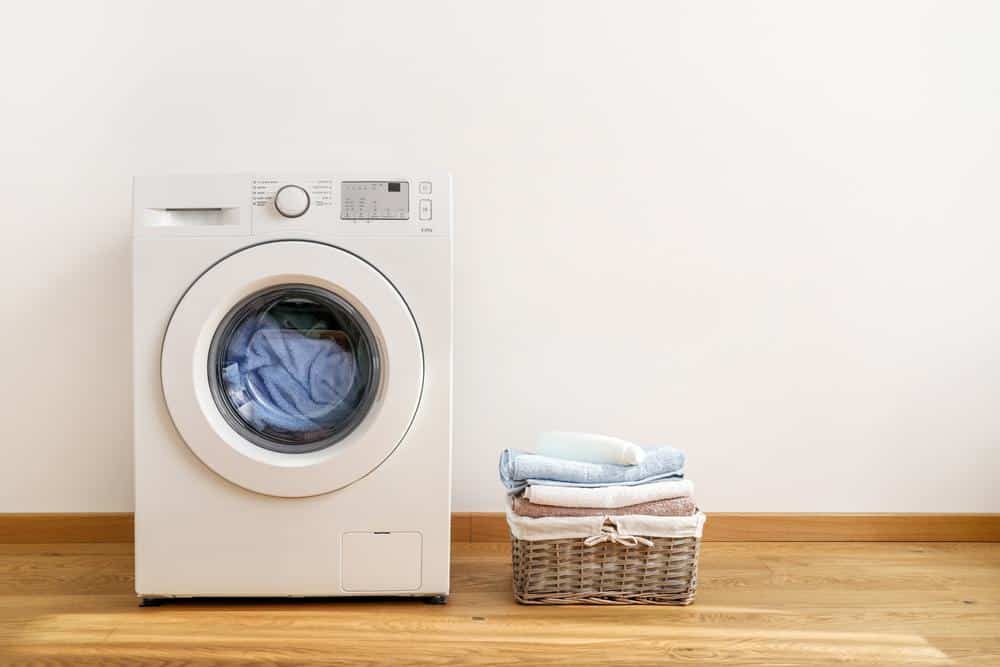
The lifespan of a washing machine motor is a question that many homeowners ponder. The answer can vary based on various factors, including the type of motor, the brand of the washing machine, how often it’s used, and how well it’s maintained. In this comprehensive guide, we’ll delve into all these factors and more to give you a clear understanding of how long a washing machine motor can last.
The average lifespan of a washing machine motor is typically around 10 to 14 years, which often aligns with the lifespan of the washing machine itself. However, this can vary based on factors such as the type of motor, the brand of the washing machine, frequency of use, and how well it’s maintained.
Average Lifespan of a Washing Machine Motor
On average, a washing machine motor lasts for the entire lifespan of the unit, which is around 10 to 14 years. However, the actual lifespan can vary based on several factors. For example, direct drive washing machine motors are known to have a lifespan of at least 10 years, and possibly up to 15 years.
The average washing machine can handle around 5,100 cycles, with low-end machines running about 4,000 cycles and high-end machines running 8,000 or more. Washing machine motors are quite durable, and it’s rare for them to give out. However, with proper maintenance and usage, you can help extend the life of your washing machine motor.
Factors Influencing the Longevity of a Washing Machine Motor
Several factors can influence the longevity of a washing machine motor:
- Build Quality: Durable materials and robust components can lead to a longer-lasting motor.
- Usage Frequency: Washing machines with higher usage frequency tend to have shorter lifespans.
- Maintenance: Regular maintenance can help prevent common issues and extend the motor’s life.
- Overloading: Consistently overloading the machine strains its components, including the motor, leading to a shorter lifespan.
- Dirt Buildup: Accumulation of dirt in the motor can cause it to burn out prematurely.
- Worn Bearings: Worn bearings can lead to motor burnout.
- Age of the Washer: Most washers have an average lifespan of 10-15 years, depending on usage and maintenance.
Extending the Life of a Washing Machine Motor through Maintenance
Regular maintenance can significantly extend the life of your washing machine motor. Here are some key maintenance tips:
- Using the correct type and amount of detergent: Too much detergent can lead to residue buildup and excess wear and tear on the motor.
- Avoid overloading the machine: Overloading can strain the motor and cause it to wear out faster.
- Clean the lint filter: A clean lint filter ensures proper airflow and reduces stress on the motor.
- Inspect and replace worn components: Regularly checking for worn belts, motors, and pumps can help identify issues before they become major problems.
- Lubricate motor components: Proper lubrication can reduce friction and wear on motor parts, extending their lifespan.
- Balance the machine: An improperly balanced machine can cause vibrations and stress on the motor, leading to damage over time.
- Replace worn carbon brushes: Worn carbon brushes in the motor can cause issues with the drum not turning or making noise. Replacing these brushes when needed can help maintain motor performance.
- Regularly inspect and replace water hoses: Checking hoses for bulging, cracking, fraying, and leaks can help prevent water damage and strain on the motor.
Cost of Replacing a Washing Machine Motor
Replacing a washing machine motor typically costs between $320 and $400 for the motor itself. With labor costs, the total cost can range from $370 to $550 or more, depending on the technician’s rate and the complexity of the repair. Whether it’s worth the cost to replace the motor depends on several factors, such as the age and overall condition of the washing machine, the cost of a new washing machine, and the potential energy and water savings from upgrading to a more efficient model.
Innovations in Washing Machine Motor Technology
Advancements in technology are leading to longer-lasting washing machine motors. Inverter motor technology, for example, reduces noise levels, improves energy efficiency, and increases durability. Brands like Samsung and LG have incorporated this technology into their washing machines, resulting in longer motor lifespans.
Signs of a Failing Washing Machine Motor
Knowing the signs of a failing washing machine motor can help you address issues promptly and avoid further damage. These signs include unusual noises, the drum not turning, sparks, a prolonged or never-ending wash cycle, and the motor moving in one direction.
In conclusion, while the average lifespan of a washing machine motor is 10-14 years, this can vary based on several factors. However, with proper use and maintenance, you can extend the life of your washing machine motor and keep your appliance running efficiently for years to come.
Frequently Asked Questions
What is a direct drive washing machine motor?
A direct drive motor in a washing machine is directly attached to the drum, eliminating the need for belts or pulleys. This design reduces mechanical losses and improves efficiency, which can lead to a longer lifespan for the motor.
How often should I perform maintenance on my washing machine to keep the motor in good condition?
It’s recommended to perform maintenance on your washing machine every six months to a year. However, if you notice any issues or changes in performance, you should inspect and perform necessary maintenance immediately.
What are carbon brushes in a washing machine motor, and why are they important?
Carbon brushes in a washing machine motor are small parts that conduct electricity between the stationary wires (stator) and the rotating wires (rotor) of the motor. They play a crucial role in the motor’s operation. When these brushes wear out, they can cause issues such as the drum not turning or making noise.
What exactly is inverter motor technology in washing machines?
Inverter motor technology in washing machines uses a variable frequency drive to control the motor speed and torque. This technology reduces noise levels, improves energy efficiency, and increases durability by allowing the motor to run at optimal speed, regardless of the load.
What are the benefits of replacing my old washing machine with a new, more efficient model?
Replacing your old washing machine with a new, more efficient model can lead to significant savings on your energy and water bills over time. Newer models also come with advanced features like smart home compatibility, improved wash cycles, and better fabric care. Plus, they tend to be more reliable and require less maintenance.

